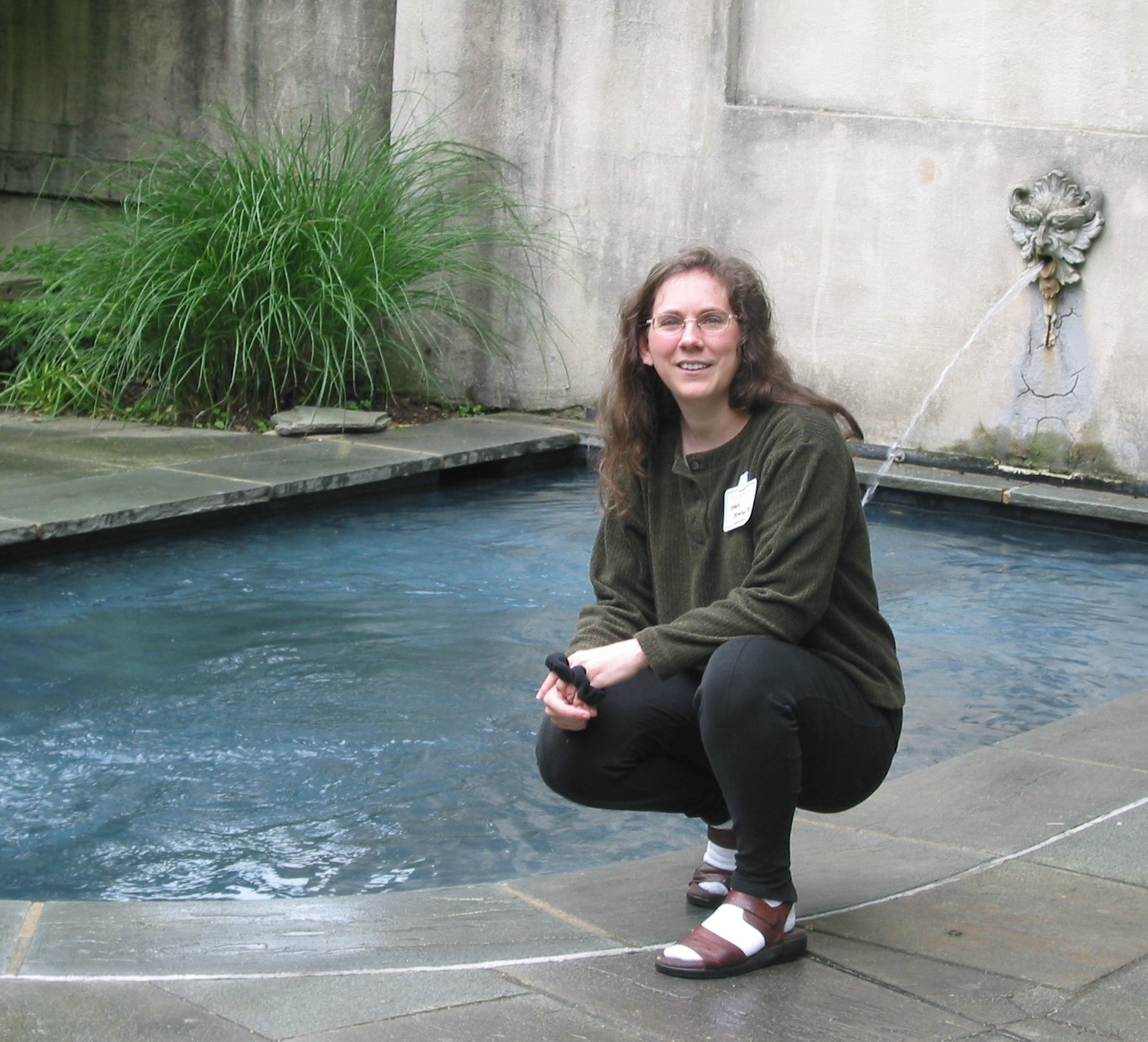Sara Johnson
Associate Professor of Classics and Ancient Mediterranean Studies
My research agenda has two major areas of focus at the present time. On the one hand, having worked extensively on a particular Jewish Hellenistic text, 3 Maccabees, I am often asked to contribute to ongoing scholarship in that area, and I am currently working on a full-length commentary on the text. Both in my research and in the classroom, my work on 3 Maccabees has contributed to the understanding of cross-cultural communication (between the Greek-speaking and biblical worlds), to the use of narrative historical fiction as a strategy for articulating identity in a cross-cultural environment, and to the experience of a religious and cultural diaspora in dialogue with imperial rule. Although 3 Maccabees may be a relatively little-known ancient text, my students often comment how âmodernâ its narrative strategies seem to them.
My secondary research area is that of ancient fictions more broadly defined. While originally my attention was more narrowly confined to the use of historical fiction in Persian, Hellenistic Greek and Roman imperial contexts, I have begun work on a broader comparative study of the strikingly similar use of historical fiction in classical Japanese texts at the imperial court of the Heian era. Whether this is evidence of indirect cultural contact (perhaps mediated through Chinese traditions), or evidence of parallel development in similar but separate historical circumstances, I hope ultimately to be able to contribute to a dialogue between disciplines (Classical and Ancient Mediterranean Studies, and East Asian studies) that have much in common, but rarely have had occasion to examine that common ground.
In every aspect of my work, I remain acutely conscious of the way in which the self-construction of identity is mediated through language. Particularly in a multi-cultural society in which many languages are spoken (Greek, Latin, Hebrew, Aramaic; Japanese, Chinese, and the earliest development of Japanese as a hybrid written language), the idiom in which writers as agents choose to express themselves and their experience of the world is of primary importance.
For Sara Johnson’s CV click here.

| sara.johnson@uconn.edu | |
| Office Location | Oak Hall 229 |